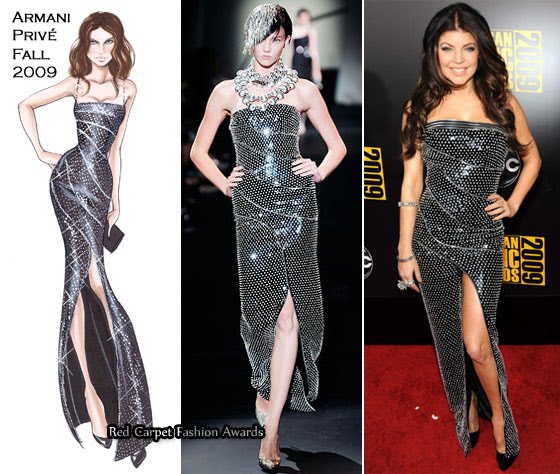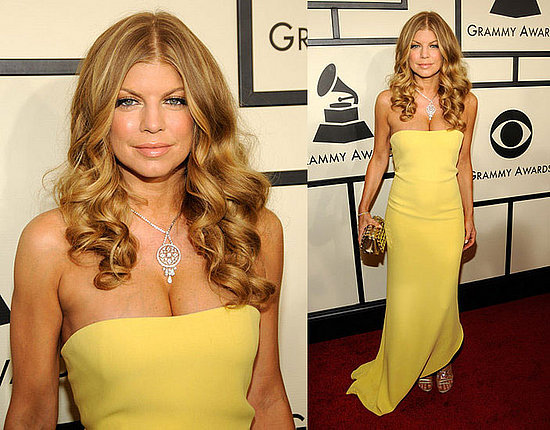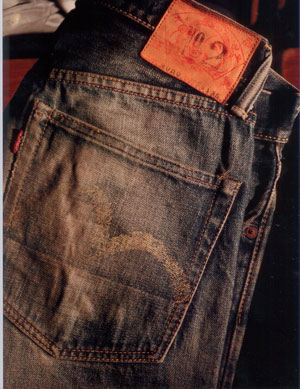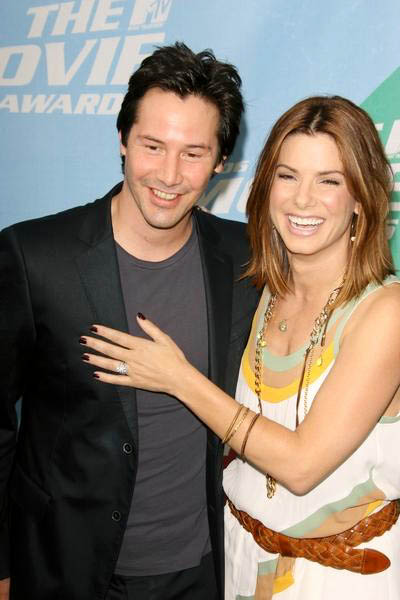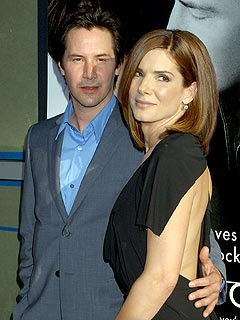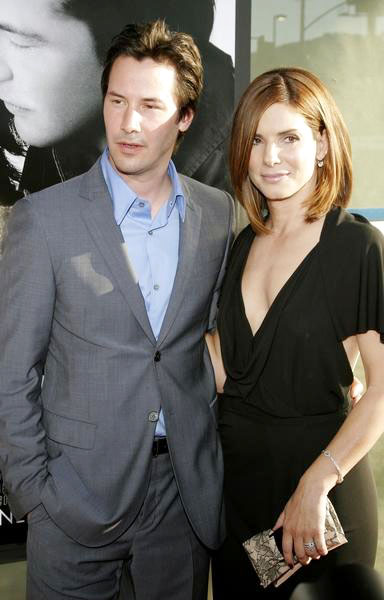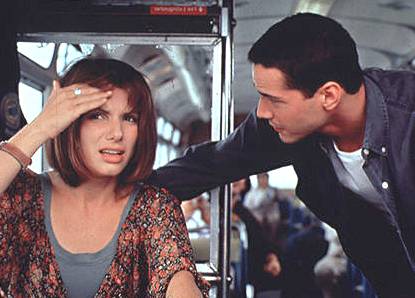 Congratulations for David Stern for pulling the swerve on unsuspecting NBA fans by booking a Lakers vs. Magic finals. Stern had been building a slow burn up to this point, teasing a Kobe vs. Lebron finals.
Congratulations for David Stern for pulling the swerve on unsuspecting NBA fans by booking a Lakers vs. Magic finals. Stern had been building a slow burn up to this point, teasing a Kobe vs. Lebron finals.Not so fast.
But as we've seen in the past, booking two faces in the NBA main event doesn't always work. Ideally, Stern would love to have booked Kobe as a heel, but he's just too popular. Something Vince McMahon found when he tried to keep The Rock as a heel. No matter how many times Kobe rapes a young woman in Colorado (allegedly), the fans are going to keep cheering for him. So it was a nice touch that Stern booked Kobe to go over the Nuggets in Denver.
These subtle touches are what keeps my minimal interest.
The Magic aren't the ideal heels like some of the great bad guys in the past -- the Larry Bird Celtics, Detroit's Bad Boys and the Spurs. But they are compelling enough.
My guess is that Stern is going to push Lebron to make the heel turn and join the New York Knicks in the near future, and then lead into some Kobe vs. Lebron finals. There is no need to waste that matchup while Lebron is in Cleveland.
With that in mind, I'm guessing that Stern once again has the heel Magic go over the Lakers in six games, and won't have Kobe win the title until he fully establishes Lebron as the heel in New York. But Stern has shown before that he likes to pull the swerve, so we'll have to see.
BRIAN FUENTES might not be the worst closer in the American League, but his gut-wrenching blown save on Saturday night was probably the worst loss of the season. Leading 3-0 over the mediocre Mariners was a crushing blow. Why, I wasn't even sure that Seattle had enough power to even score three runs in an inning. Very disappointing. But as Reader Matt P. said, we have become very spoiled with the Angels.
The Angels seemingly saved their season on Sunday afternoon, rallying from an 8-1 deficit to beat the Mariners, 9-8. An incredible win. Something that hasn't been seem in Anaheim for a while. Hopefully this will push the team forward. Honestly, the team needed this, and the club could have easily packed it in early. I know I did.
COULD A new hits leader be in the making? Derek Jeter has similar stats to Pete Rose at this point of his career. Jeter would probably have to find a new position to last that long, and he doesn't have the pop to be a full-time DH. But he's on pace with Rose at this point.
SPEAKING OF Jeet, a fan in Texas was told to turn her "Yankees Suck" shirt inside out. The Rangers consider that profane.
AND FINALLY, Cal State Fullerton advanced to the super regionals with a three-game sweep at Goodwin Field over the weekend. The Titans never faced second-seeded Georgia Southern, instead taking two from Utah, and showing Gonzaga that Fullerton is more than just a basketball school. (Throwback came up with that line.)
Fullerton and chief rival Arizona State state are both in the second round of the NCAA baseball tournament. UC Irvine and Cal Poly were eliminated.
Something needs to be done about Ohio State. The school should be banned from post season in every sport until it stops embarrassing itself. The Buckeyes gave up nearly 40 runs in an elimination game to Florida State. Really, guys? This is why the Big Ten probably should stay out of the baseball business. The NCAA can continue to bend its rules to help the northern schools, but we just aren't seeing the results on the field.




























